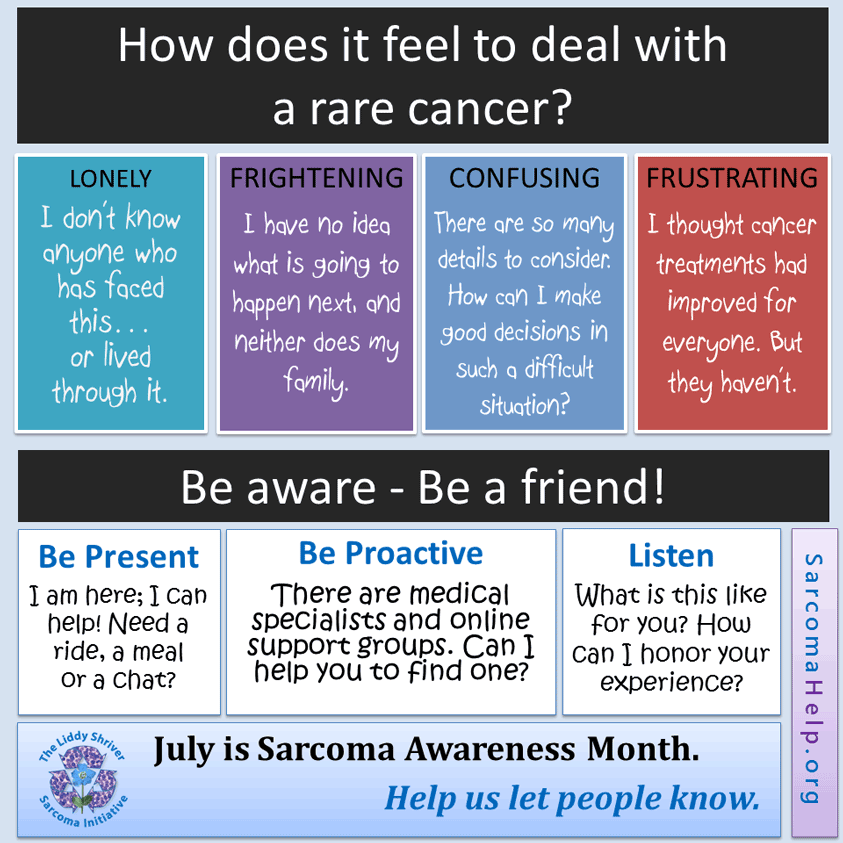So pleased to receive this email from another member of our support group about feedback from the “On the Ball” campaign.
“I did apply for ‘Sarcoma Golf Ball’ pack, which I took to our local GP surgery. I decided instead of making an appt. I would attach a short personal note explaining our interest. One never knows what is the best thing to do.
Anyway today, I had a telephone call from one of the Doctors at our Surgery, who was phoning on behalf of all the Doctors, who wanted to find out our story, and also to confirm that whilst it may still never be the first thing they look for in a diagnosis, it would be the second. Great news!
Hope everyone else has had such positive feedback from the ‘golf ball’ .“
This is the second support group member who has received a phone call from a GP in response to receiving the “On the Ball” pack. This is so encouraging!
Tricia
